This list introduces not only books with a descriptive approach to religious pluralism, but with exception of the first one, also offer philosophical and theological contributions to arising questions and problems.
1
This is a great introduction for anybody interested in the truly pluralistic religious landscape of the African continent, because the authors cover traditional religions as well as different forms of Islam and Christianity. It is good place to start if you want to get an impression how complex religious pluralism can look like.
2
British philosopher John Hick (1922-2012) was one of the foremost philosophers of religion in the 20th century. This book is his opus magnum and introduces his very influential philosophy of religious pluralism.
3
With the work of the German Anglican theologian Perry Schmidt-Leukel we enter the 21st century of thought about religious pluralism. Schmidt-Leukel's ideas are influenced by John Hick, but he has moved further to an explicit interreligious theology based on a so-called fractal interpretation of religious diversity. In his latest work "Das himmlische Geflecht. Buddhismus und Christentum - ein anderer Vergleich", which is not available in English yet, this fractal interpretation is then used to develop a self-contained interreligious theology. But you already get a good idea in which direction he is going with this earlier work.
4
US theologian Paul Knitter is also part of academic community working on religious pluralism. But in this book he uses a more personal approach and explains how he, as a Christian theologian, can also be a practicing Buddhist what this means for his Christian faith.
5
Mahatma Gandhi probably was the religious pluralist par excellence. This book describes how Gandhi developed is own "homespun shawl" of religion and lived by it.
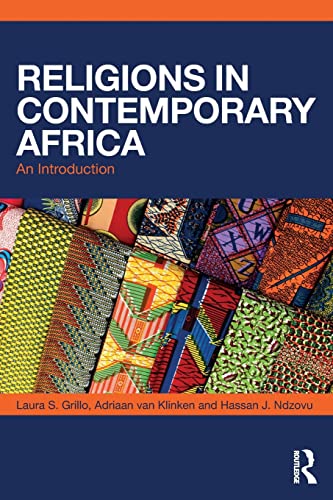
1
This is a great introduction for anybody interested in the truly pluralistic religious landscape of the African continent, because the authors cover traditional religions as well as different forms of Islam and Christianity. It is good place to start if you want to get an impression how complex religious pluralism can look like.
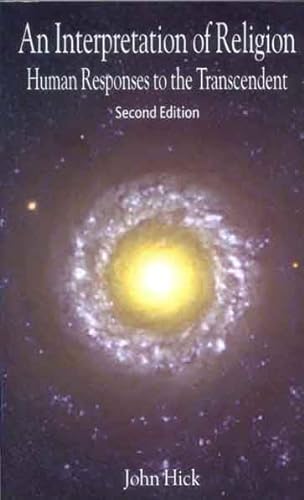
2
British philosopher John Hick (1922-2012) was one of the foremost philosophers of religion in the 20th century. This book is his opus magnum and introduces his very influential philosophy of religious pluralism.
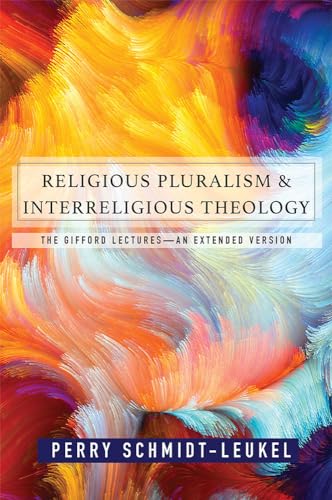
3
With the work of the German Anglican theologian Perry Schmidt-Leukel we enter the 21st century of thought about religious pluralism. Schmidt-Leukel's ideas are influenced by John Hick, but he has moved further to an explicit interreligious theology based on a so-called fractal interpretation of religious diversity. In his latest work "Das himmlische Geflecht. Buddhismus und Christentum - ein anderer Vergleich", which is not available in English yet, this fractal interpretation is then used to develop a self-contained interreligious theology. But you already get a good idea in which direction he is going with this earlier work.
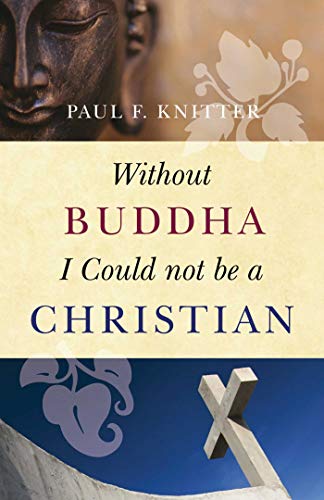
4
US theologian Paul Knitter is also part of academic community working on religious pluralism. But in this book he uses a more personal approach and explains how he, as a Christian theologian, can also be a practicing Buddhist what this means for his Christian faith.
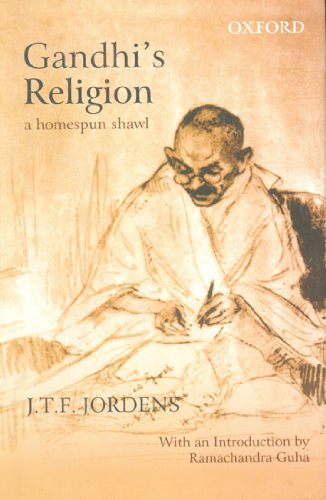
5
Mahatma Gandhi probably was the religious pluralist par excellence. This book describes how Gandhi developed is own "homespun shawl" of religion and lived by it.
© Five Books 2026